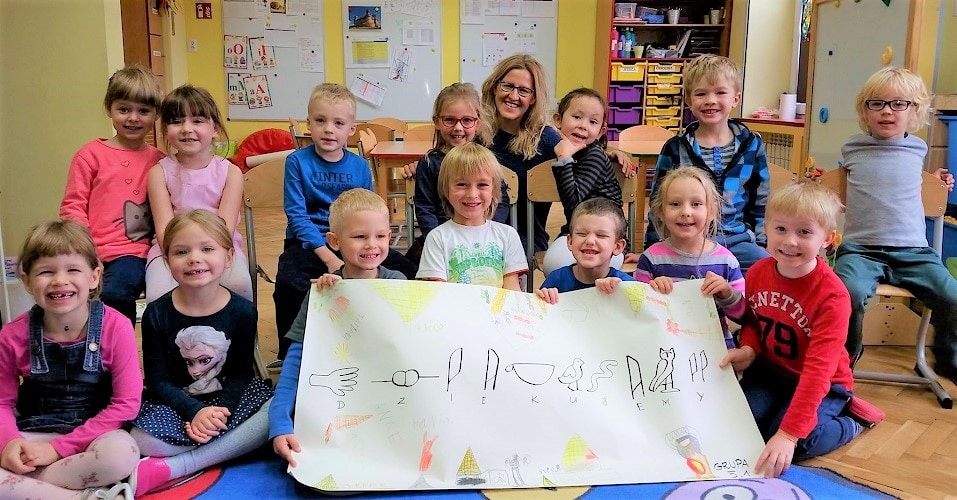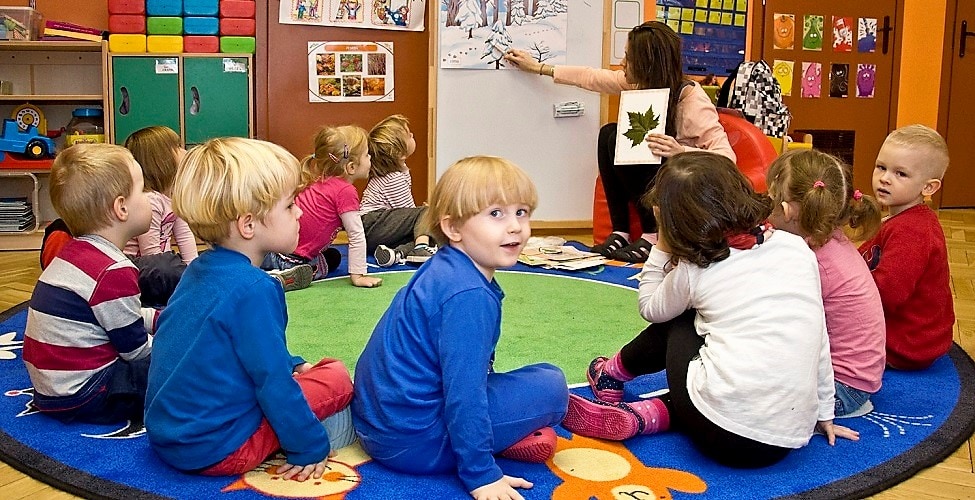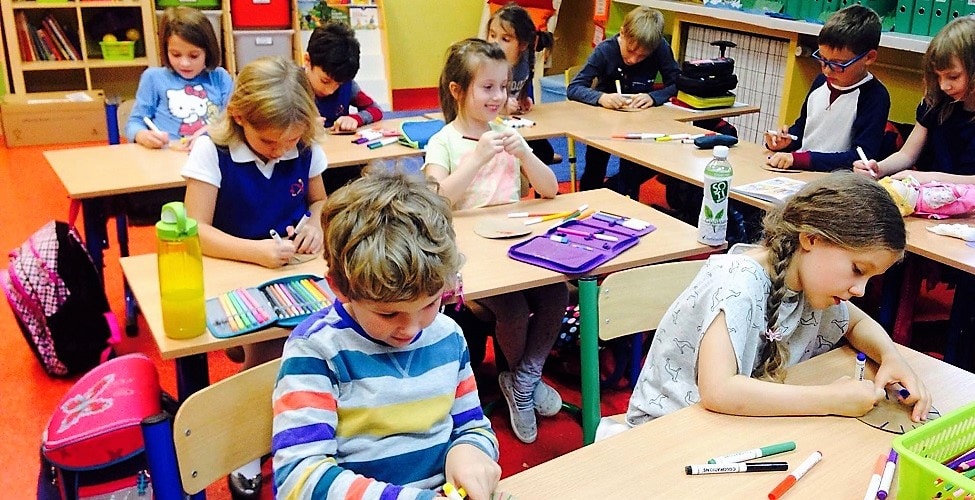Why do babies learn languages better than adults? The latest research explains the puzzle

Babies exhibit an extraordinary ability to learn languages, stemming from the high plasticity of their brains. They can effectively absorb new sounds and language structures, a task that is challenging for adults.
Scientific research emphasizes that babies are particularly sensitive to speech sounds, even those from foreign languages. This ability diminishes with age, explaining why language learning in later years can be more demanding. Explore exactly how this works and why a language nursery is the best investment in a child’s multilingualism!
Research on the phenomenon of infants’ language abilities
Studies on infants’ language abilities highlight their remarkable capacity to analyze speech. Babies focus on statistical and prosodic patterns, the sound properties of speech that overlap with the phonetic, syllabic, and lexical sequences of utterances. It’s this ability that enables infants to quickly learn phonemes and words. Researchers have found that babies use the same brain areas as adults to process language, but they do it more efficiently.
These studies are crucial for understanding the process of language acquisition in humans, as meticulously described by Patricia K. Kuhl in her article titled “Early Language Acquisition: Cracking the Speech Code.” The author discusses the fascinating phenomenon of infants’ rapid and effective language learning and precisely explains how children use computational strategies to recognize statistical and prosodic patterns in language.
Patricia K. Kuhl also emphasizes the significant role of social interactions in language learning, likening them to behaviors observed in singing birds.
What language learning abilities do babies demonstrate?
Babies have the ability to recognize differences in speech sounds, which is essential for language learning. Their ability to discern even subtle differences between sounds helps them quickly master phonetics. Additionally, babies are highly sensitive to speech tone and intonation, aiding them in understanding word meanings. This sensitivity is particularly strong in the first few months of life, making it the best time to start learning a foreign language.
How to leverage natural language learning abilities?
Utilizing infants’ natural language learning abilities involves exposing them to various languages from a young age.
Language immersion – what it is and how it works
Language immersion is a method that involves fully immersing a child in an environment where another language is spoken. This technique allows for natural language acquisition through daily communication, similar to how children learn their first language. Immersion provides constant interaction with the language in natural contexts.
Child language learning at home – immerse the baby in a multilingual environment
In a home environment, parents can create a multilingual environment by engaging in regular conversations in different languages, listening to music, and watching television programs in other languages. These activities not only stimulate the child’s auditory senses but also develop their language and cognitive abilities. Regularly engaging the child in multilingual interactions helps them naturally and intuitively acquire new words and phrases.
Language Nursery – the best investment in multilingualism
Enrolling a child in a language nursery is one of the most effective ways to harness their natural language learning abilities. In such an environment, the child is surrounded by different languages daily, stimulating their language development and facilitating the acquisition of new words and structures. A language nursery is a place where children can develop their language skills naturally through play and interactions with other children and caregivers.
What does language learning look like in a language nursery?
A language nursery is a place where the youngest children have a unique opportunity for comprehensive language development tailored to their age and cognitive abilities. Daily exposure to different languages in natural situations allows children to instinctively and effectively acquire new words and phrases.
Here are the methods used in a language nursery that support this process:
- Play and Interactions – children learn through play and interactions with peers and teachers, facilitating natural language acquisition.
- OPOL Method (One Person One Language) – each caregiver communicates with the child in a different language, helping them distinguish between languages and better understand them.Language of communication and commands – all languages taught in the facility are used for daily communication and issuing commands, increasing the child’s exposure to language and enabling its practical use.
- Learning culture and customs – children have the opportunity to learn about the culture and customs associated with different languages, enriching their knowledge and understanding of the world.
- Diversity of educational materials – using various teaching materials, such as books, songs, and games, in different languages supports learning.
Language learning in a language nursery is not only effective but also brings joy and satisfaction to children who naturally explore the rich world of languages. The trilingual ITSW nursery is an excellent option for parents who want to provide their children with a safe and stimulating environment for language learning. At ITSW, infants are immersed in an environment where they have daily contact with three languages, stimulating their language and cognitive development. Qualified caregivers conduct classes in a friendly and playful manner, allowing children to naturally and intuitively acquire new languages. At the same time, ITSW provides a safe and comfortable environment conducive to the healthy development of children.
Investing in language education at ITSW is an investment in the child’s future, opening doors toa world of multilingualism and multiculturalism.



